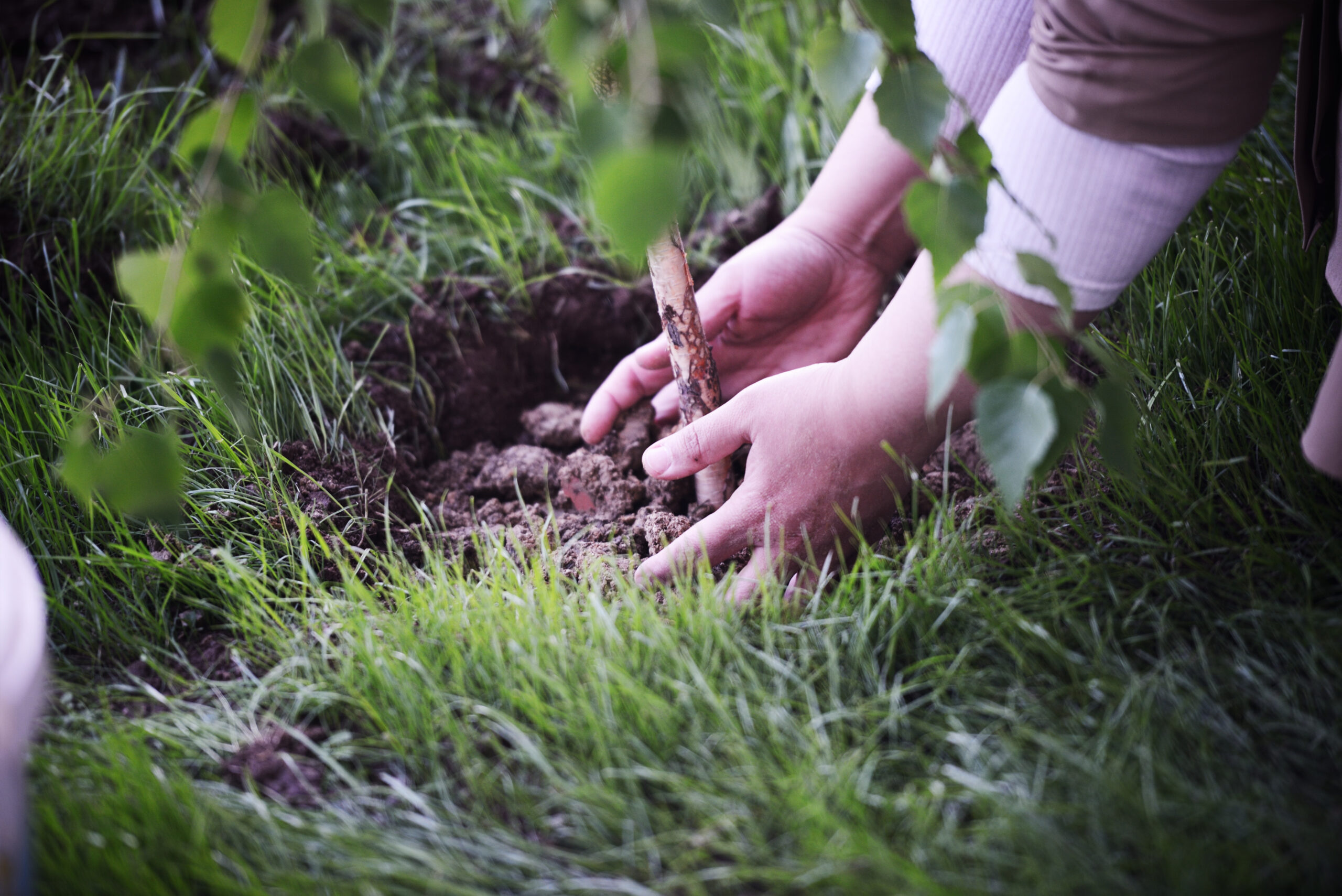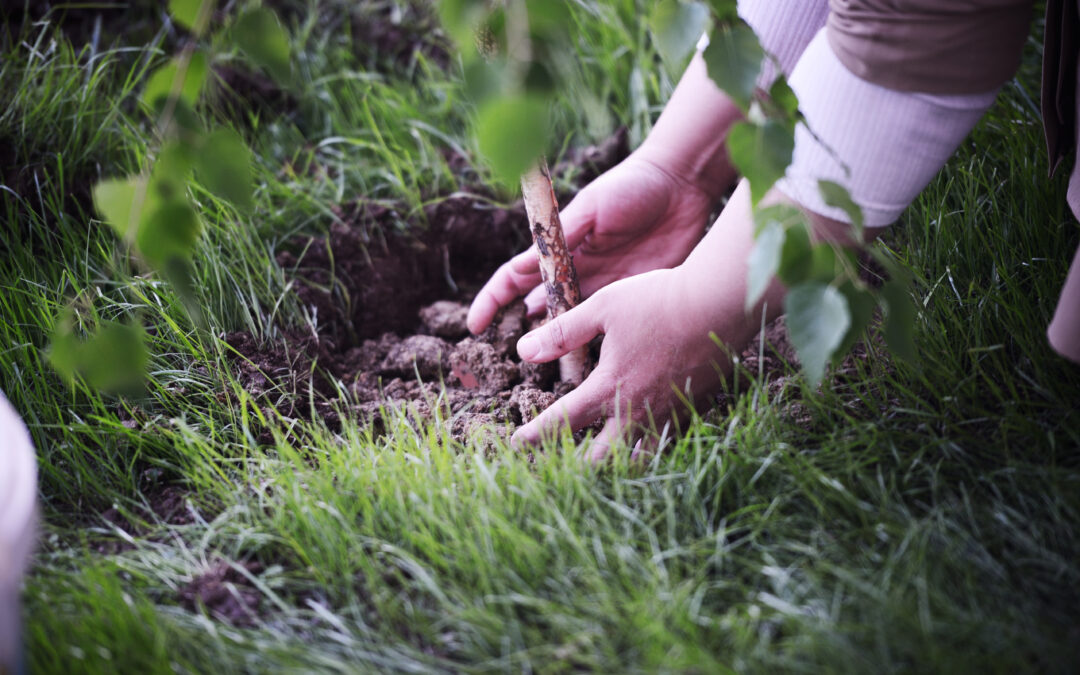Organic gardening is a great way to grow your own fresh and healthy produce while also reducing your carbon footprint. However, starting an organic garden can be challenging, especially if you’re new to gardening. In this blog post, we will discuss some common mistakes people make when starting an organic garden and how to avoid them.
Common Mistakes People Make When Starting an Organic Garden
1. Not doing enough research: One of the most common mistakes people make when starting an organic garden is not doing enough research. Before you start planting seeds or digging up soil, it’s essential to learn about the specific needs of the plants you want to grow, as well as the conditions in your area. This includes factors such as climate, soil type, and water availability. By doing your homework, you can ensure that your garden has the best chance of success.
2. Overcomplicating things: Another mistake people often make when starting an organic garden is overcomplicating things. While there are many different techniques and approaches to organic gardening, it’s essential to keep things simple at first. Focus on mastering the basics, such as proper soil preparation, seed sowing, and watering routines. Once you have these down, you can experiment with more advanced techniques.
3. Neglecting pest control: Pests can wreak havoc on any garden, but they are particularly problematic for organic gardens. Many conventional pesticides are not allowed in organic farming, which means you need to take a different approach to controlling pests. Luckily, there are plenty of natural methods you can use to deter pests, including companion planting, crop rotation, and using beneficial insects like ladybugs and lacewings.
4. Underestimating the importance of composting: Composting is one of the cornerstones of organic gardening, yet many beginners underestimate its importance. Compost provides nutrients for plants, improves soil structure, and helps retain moisture. To get started with composting, collect food scraps and yard waste in a bin or pile, then let nature do the rest. It may take several months for your compost to mature, but the results will be worth the wait.
5. Watering incorrectly: Proper watering is crucial for the success of any garden, but it’s especially important in organic gardening. If you don’t provide enough water, your plants could become stressed and susceptible to disease. On the other hand, if you overwater, you could create a breeding ground for fungal diseases. The key is to find the right balance by monitoring soil moisture levels and adjusting your watering schedule accordingly.
How To Choose the Right Soil for Your Garden
Choosing the right soil is critical for the success of your organic garden. Here are some tips to help you choose the perfect soil for your needs:
Consider your location: Different regions have different types of soil, so it’s essential to know what kind of soil you’re working with. For example, clay soil tends to hold onto moisture longer than sandy soil.

Test your soil: You can buy DIY soil testing kits online or from your local nursery. These tests will tell you what nutrients your soil is lacking, allowing you to amend it appropriately.
Use compost: No matter what type of soil you have, adding compost can improve its quality. Compost adds nutrients, improves soil structure, and helps retain moisture.
The Importance of Composting in Organic Gardening
Composting is a vital part of organic gardening because it provides nutrients for plants, improves soil structure, and helps retain moisture. Here are some reasons why composting is so important:
Provides nutrients: Plants require certain nutrients to thrive, and compost provides those nutrients in a natural and sustainable way.
Improves soil structure: Compost helps break down heavy clay soils and binds together loose sandy soils, creating a better environment for roots to grow.
Retains moisture: Compost acts like a sponge, absorbing excess water and releasing it slowly over time, helping plants stay hydrated during dry periods.
Pest Control and Organic Gardening: A Safe Approach
While organic gardeners cannot use synthetic chemical pesticides, there are still many safe and effective ways to control pests. Here are some strategies you can try:
Companion planting: Some plants naturally repel pests, so planting them alongside vulnerable crops can help deter pests. Examples include marigolds, nasturtiums, and catnip.
Crop rotation: Rotating crops each year prevents pests from building up resistance to particular plants. This also allows different groups of plants to benefit from different nutrients in the soil.
Beneficial insects: Ladybugs, lacewings, and parasitic wasps are all natural predators of many common garden pests. You can attract these bugs to your garden by providing them with habitat and nectar sources.
Watering Tips for Successful Organic Gardens
Proper watering is crucial for the success of any garden, but it’s especially important in organic gardening. Here are some tips to help you water effectively:
Monitor soil moisture levels: Stick your finger into the soil to check how wet it is. If it feels dry, it’s time to water.
Water deeply: Rather than sprinkling water lightly, aim to water deeply once or twice per week. This encourages deep root growth and reduces the likelihood of fungal diseases.
Avoid overhead watering: Overhead watering can lead to foliar diseases and encourage shallow root growth. Instead, focus on watering at the base of plants or using drip irrigation systems.
Seed Saving Techniques for Beginners
Saving seeds from your organic garden can be a fun and rewarding experience. Here are some basic steps to getting started:
Choose open-pollinated varieties: Open-pollinated varieties are less likely to cross-pollinate with other plants, making them easier to save seeds from.
Allow fruits to ripen fully: Seeds won’t develop properly unless the fruit is fully ripe. Wait until the fruit starts to soften before harvesting.
Remove seeds from flesh: Depending on the fruit, you may need to remove seeds from pulp or membranes. Be sure to clean them thoroughly to prevent bacterial or fungal problems.
Store seeds properly: To maintain viability, store seeds in a cool, dark place with low humidity. You can also freeze seeds to extend their shelf life.



